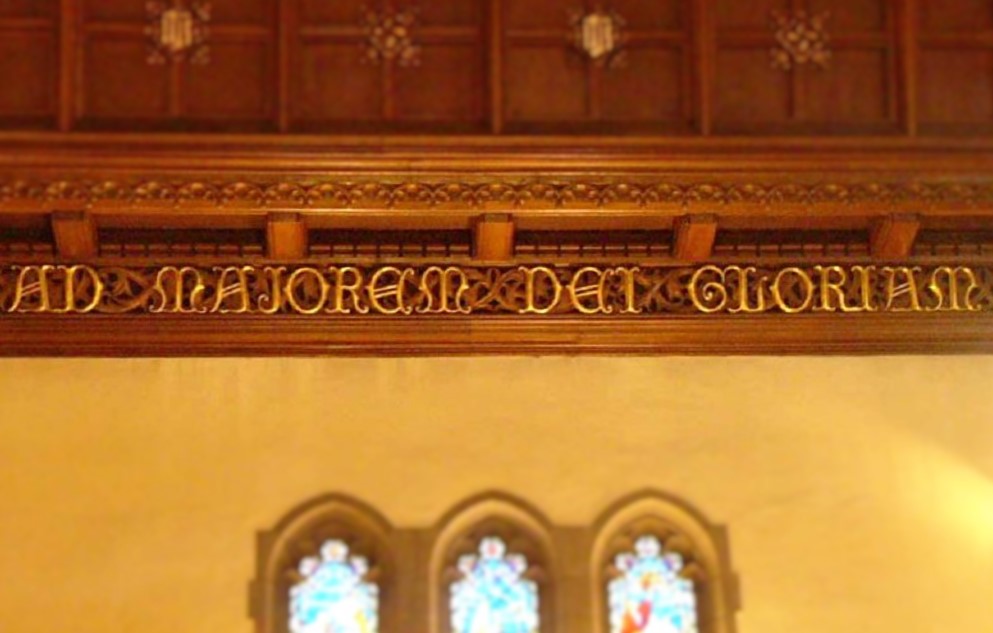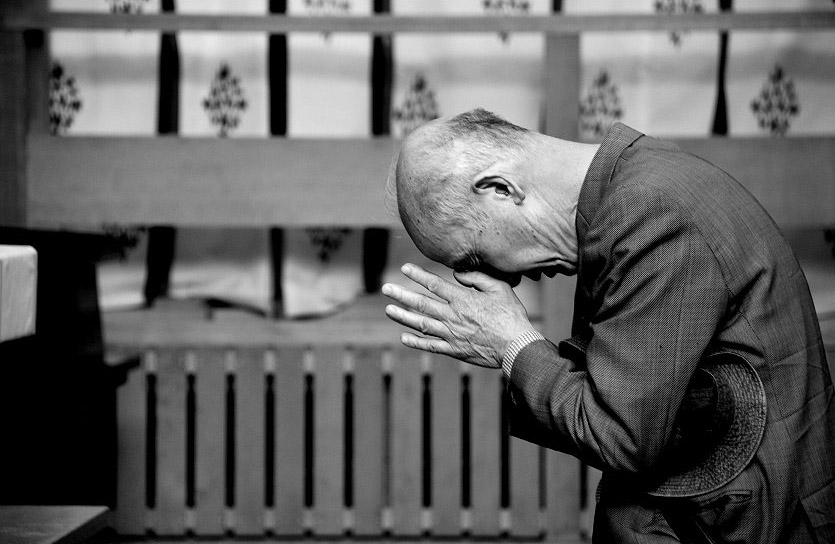In 1491, a baby boy was born in northern Spain to a family of nobility. As he grew, he dreamed of knighthood and what a young boy would see as the romance of battle and courtly life.
God had other plans for him.
St. Ignatius of Loyola did become a soldier, but was seriously wounded. During his time of recuperation, he began studying the life of Christ and the lives of saints. This began a radical conversion for the soldier, who laid down his weapons for the cross. Eventually, St. Ignatius founded the Jesuits, an order of Catholic priests and brothers known for their intellectual endeavors and their dedication to missionary work. Pope Francis is likely the best known Jesuit in the world right now.
Another Jesuit, known for his gentle humor and popular writings is Fr. James Martin. In his book, The Jesuit Guide to {Almost} Everything: A Spirituality for Real Life, Martin explains the manner in which Jesuits pray, known as the Examen. Jesuits pray this once or twice a day, but it’s perfectly accessible to the lay person. The manner in which Jesuits pray this is long and meditative, but Martin suggests a simpler method:
Before you begin, as in all prayer, remind yourself that you’re in God’s presence, and as God to help you with your prayer.
- Gratitude: Recall anything from the day for which you are especially grateful, and give thanks.
- Review: Recall the events of the day, from start to finish, noticing where you felt God’s presence, and where you accepted or turned away from any invitations to grow in love.
- Sorrow: Recall any actions for which you are sorry.
- Forgiveness: Ask for God’s forgiveness. Decide whether you want to reconcile with anyone yo have hurt.
- Grace: Ask God for the grace you need for the next day and an ability to see God’s presence more clearly.
All of us, at some point, need some structure in our prayer life to keep us focused on God and the “bigger picture,” to guard against focusing our prayers on ourselves and not God. Perhaps you will find the structure you need in praying with St. Ignatius of Loyola and the Jesuits.
If you’d like to know more about this form of prayer, visit this website.


